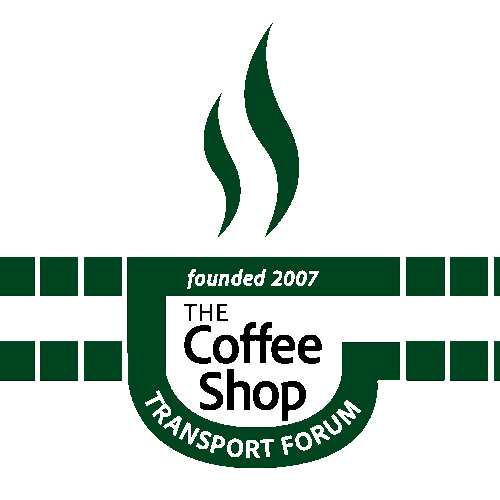| Re: Railway Regulation Act, 1844 (1st November) - Parliamentary fares (and trains) Posted by grahame at 13:51, 1st November 2024 |     |
Here's a fare and timetable example - parliamentary train / government fares

| Re: Railway Regulation Act, 1844 (1st November) - Parliamentary fares (and trains) Posted by grahame at 07:29, 1st November 2024 |     |
Grahame, are you sure you have inflation correct.
The Bank of England inflation calculator shows £1 in 1844 is now £106.73. So one old penny (240 to a pound) is 44.5 new pence.
If you are using 66p per mile then you are third too much.
The Bank of England inflation calculator shows £1 in 1844 is now £106.73. So one old penny (240 to a pound) is 44.5 new pence.
If you are using 66p per mile then you are third too much.
I don't think there's one "correct" value for inflation as relative values change. The figure I used came from a Google search which told me
Value of £1 from 1844 to 2024
The pound had an average inflation rate of 2.86% per year between 1844 and today, producing a cumulative price increase of 15,822.88%.
The pound had an average inflation rate of 2.86% per year between 1844 and today, producing a cumulative price increase of 15,822.88%.
from https://www.officialdata.org/uk/inflation/1844
... all goes to show how dangerous stats can be. P.S. - I am not an accountant!
| Re: Railway Regulation Act, 1844 (1st November) - Parliamentary fares (and trains) Posted by John D at 07:12, 1st November 2024 |     |
Grahame, are you sure you have inflation correct.
The Bank of England inflation calculator shows £1 in 1844 is now £106.73. So one old penny (240 to a pound) is 44.5 new pence.
If you are using 66p per mile then you are third too much.
| Railway Regulation Act, 1844 (1st November) - Parliamentary fares (and trains) Posted by grahame at 04:34, 1st November 2024 |     |
180 years ago today, the railway regulation act (of 1844) became law requiring at least one train each day at no more than an old penny a mile
From Wikipedia
A parliamentary train was a passenger service operated in the United Kingdom to comply with the Railway Regulation Act 1844 that required train companies to provide inexpensive and basic rail transport for less affluent passengers. The act required that at least one such service per day be run on every railway route in the UK.
An old penny a mile sounds cheap, but if you take inflation into account it'd the equivalent of 66p per mile. So 120 miles, London to Bristol which is £132.60 (anytime standard class single), £60.80 (off peak single) or £43.00 (super off peak single these days would in equivalent terms have cost around £80.00 as the first (regulated) fare. These days there are outlyer fares - a first class single costs £188.00 and walk up fares via Warminster and Salisbury (no longer a through train, which was very popular) are from £32.00 off peak up to just £52.80 any time. You may also find advance fares - I am seeing some at just under £30 for November.
So perhaps fares are not all that different? But in early Victorian times, trains were so much less frequent, and required more staff both on the train and especially in signalling and in maintenance without all the wonderful modern electronics and equipment. So very much more expensive per seat to provide?
The meaning of "Parliamentary Trains" has changed ...
Such trains are no longer a legal requirement (although most franchise agreements require some less expensive trains). The term's meaning has completely changed, to describe train services that continue to be run with reduced frequency, often to the minimum required one train per week, and without specially low prices, to avoid the cost of formal closure of a route or station, retain access rights, or maintain crew training/familiarity requirements on short sections of track. Such services are sometimes called "ghost trains". Sometimes even the train is omitted, with a bus operating as a cheaper-to-operate "rail replacement service" instead.










